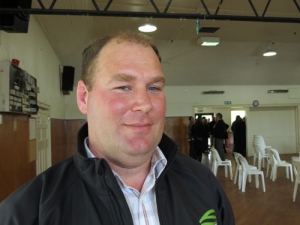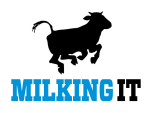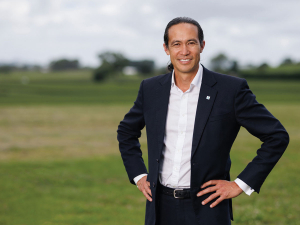I think we might be asking the wrong question. It shouldn’t be where’s the return on our investment, but rather where do we see the value of being part of a co-op.
At the moment the milk price we are paid is based on the Global Dairy Trade result. It is averaged across the season, less manufacturing costs, to put it simplistically. All the other companies should be achieving this anyway, with their products.
We know that only a portion of what Fonterra sells goes on GDT. The rest is sold through direct links to customers. I have heard many times that a bag of milk powder sold direct to a customer usually fetches more than a similar bag sold on GDT.
Let’s say Fonterra announced the dividend had increased to 60 cents. What would have happened? We would all be in a slightly better mood probably, and the value of the shares would probably have gone up to $10 or thereabouts.
Would that have solved Fonterra’s problems or made them worse? All you Fonterra shareholders now talking about leaving Fonterra -- would you now be saying you would stay put? Why?
Surely the dynamic encouraging you to leave is even stronger now. You still receive a similar milk price, but by cashing in your shares you get a whole heap more equity you can invest elsewhere. So by performing, Fonterra could actually create more of a problem for itself.
That brings us to the crux of the matter – the milk price. Everyone will be there or thereabouts. The dividend return as a percentage will generally remain static. So a farmer with a short term issue – be it expansion, or repaying debt, or a new farm purchase – will look at the books, see all those Fonterra shares sitting there and see a solution.
How can Fonterra make that farmer look at those books and see the long benefit of being part of a co-op, for the long term benefit of our industry and farmers in having a strong, dominant co-op in the New Zealand marketplace? Because experience overseas and in New Zealand shows that the dominant co-op will always set the price, and when you lose that dominant co-op expect poor returns to follow.
• Andrew Hoggard is Federated Farmers dairy chair.











